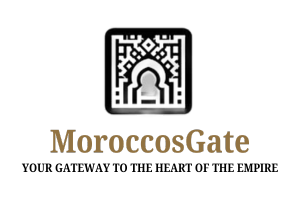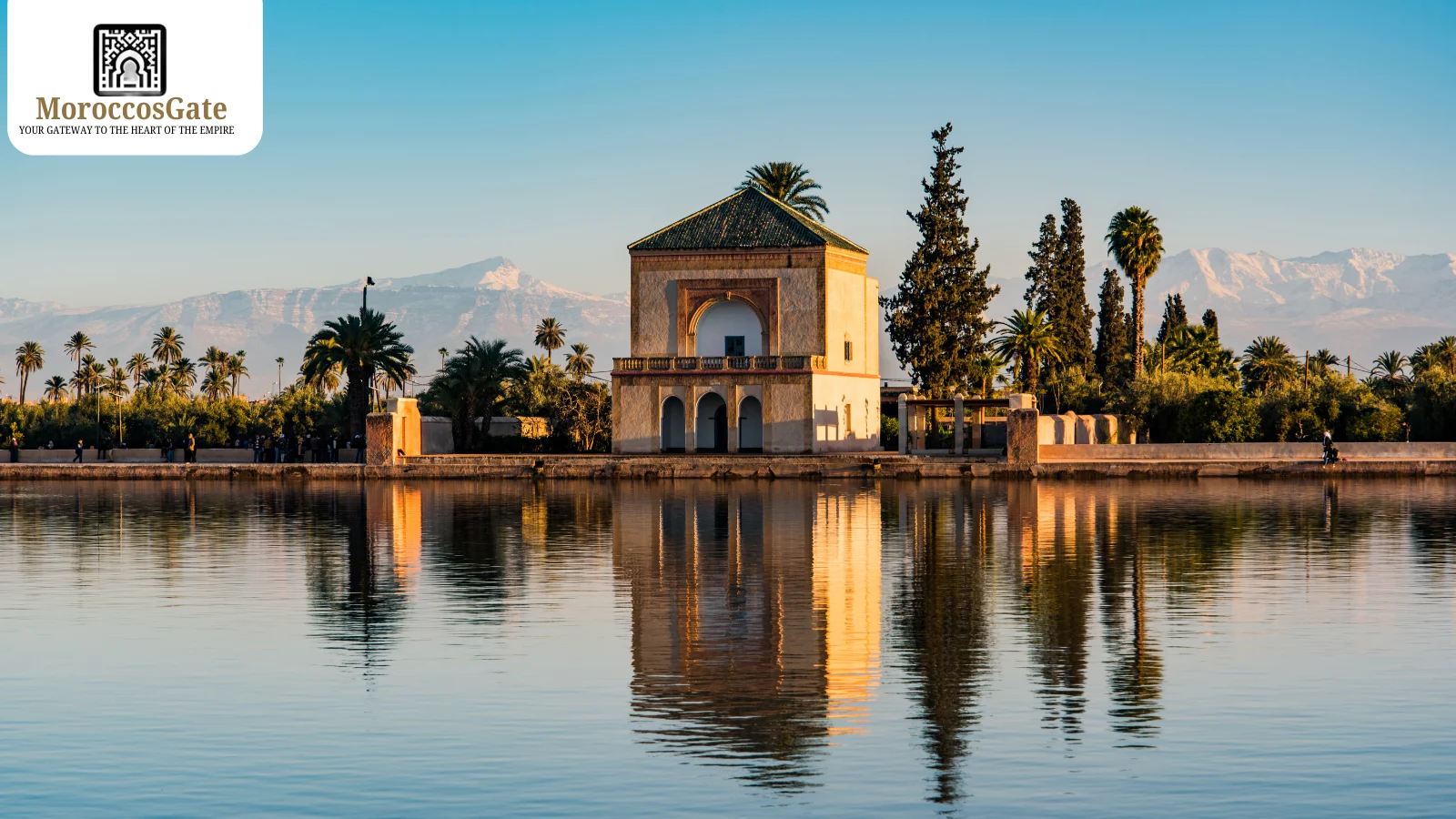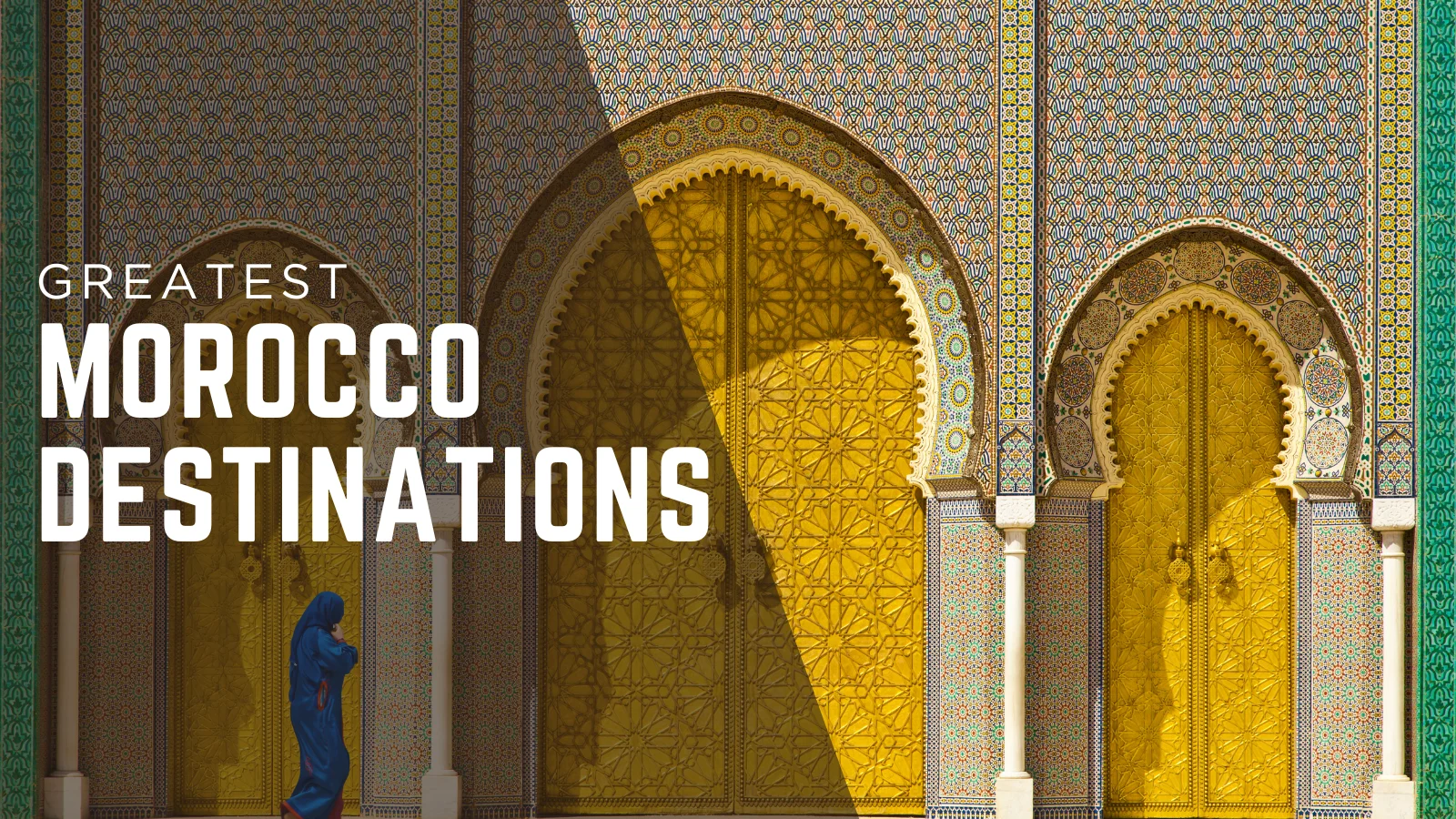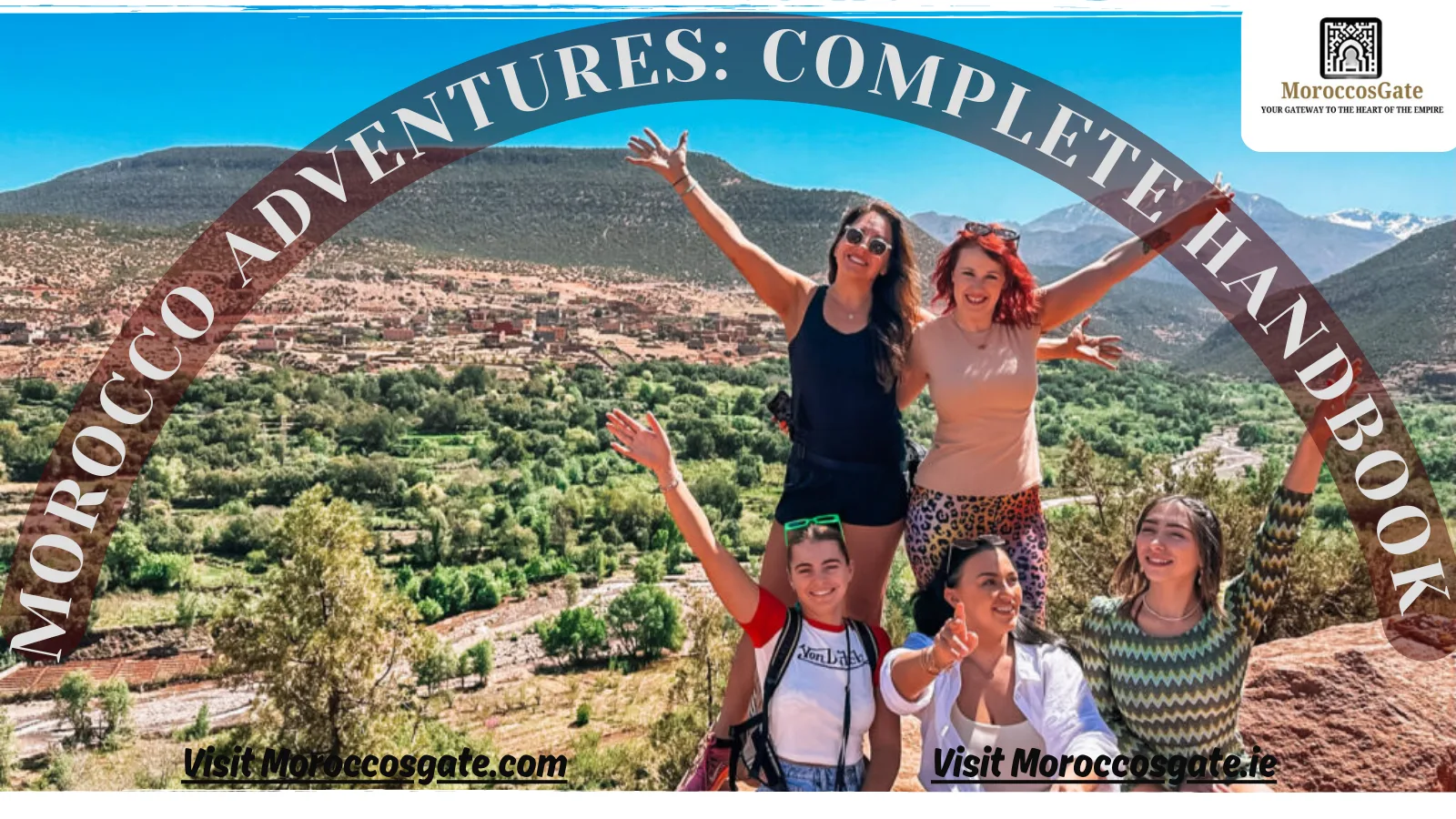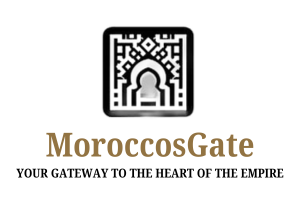Morocco is a country filled with cultural richness, history, and traditions passed down through generations. From vibrant souks to the art of hospitality, the country offers an unforgettable journey into its heritage. If you want to immerse yourself in Morocco’s unique culture, here’s how you can experience the essence of traditional Moroccan life.
1. Explore the Bustling Souks
The souks, or traditional markets, provide an exciting and sensory overload. These markets exist in almost every major city, with Marrakech’s Jemaa el-Fnaa Square being one of the most famous. Here, you’ll encounter street performers, sample delicious local food, and shop for handcrafted items. As you wander through narrow alleyways, artisans and vendors sell their crafts in the same way they have for centuries, giving you a glimpse into the authentic side of Moroccan life.
2. Indulge in Traditional Moroccan Cuisine
Food lies at the heart of Moroccan culture. The cuisine blends Arab, Berber, and French influences to create rich flavors and diverse dishes. You must try iconic dishes like tagines, slow-cooked stews, and couscous served with meat and vegetables. Don’t forget to enjoy sweet pastries like baklava and experience the Moroccan tea ceremony. The green tea with mint, served alongside sweets, showcases the country’s hospitality at its best.
3. Visit Historic Palaces and Kasbahs
Visiting Morocco’s historic palaces and kasbahs offers a deep dive into the country’s past. Examples like the Royal Palace in Marrakech, the Bahia Palace, and the Kasbah of Ait Benhaddou showcase traditional Moroccan architecture at its finest. These landmarks feature beautiful courtyards, intricate tilework, and lush gardens. Exploring these sites gives you valuable insight into Morocco’s rich history and architectural craftsmanship.
4. Stay in a Traditional Riadh
For an immersive experience, stay in a traditional riad. These charming homes are typically located in the heart of Morocco’s medinas and often feature exquisite courtyards, fountains, and gardens. Staying in a riad allows you to experience Moroccan hospitality firsthand, where you’ll be welcomed with tea and enjoy a peaceful atmosphere. This setting offers an authentic, intimate experience of Moroccan living.
5. Experience Traditional Moroccan Festivals
Festivals in Morocco provide a great opportunity to engage with the country’s cultural vibrancy. The Fes Festival of World Sacred Music, for example, brings together music, dance, and poetry from across the globe. The Mawazine Festival in Rabat celebrates both Moroccan and international music, while the Festival of Roses in Kelaat M’gouna honors the rose harvest with music, dancing, and parades. Attending these festivals lets you immerse yourself in Moroccan culture and artistry.
6. Learn Moroccan Crafts
Morocco is home to skilled artisans who have honed their crafts for generations. In cities like Safi and Fez, you can learn about traditional pottery, leatherwork, and weaving. Many souks offer workshops where you can try your hand at pottery or even cook traditional Moroccan dishes. These hands-on activities provide an understanding of the cultural significance of these crafts and let you take home something meaningful from your travels.
7. Embrace Warm Moroccan Hospitality
Moroccan hospitality is world-renowned, and experiencing it is essential. You’ll often find yourself invited into a local’s home for tea or a meal. These personal connections give you a deeper understanding of Moroccan customs and traditions. Whether it’s a casual greeting in the medina or an invitation to a family gathering, Moroccan hospitality will undoubtedly warm your heart.
–Click here– Experience Traditional Moroccan Culture.
#MoroccanCulture, #TravelMorocco, #TraditionalCuisine, #MoroccanSouks, #Riads, #CulturalFestivals, #MoroccanHospitality
